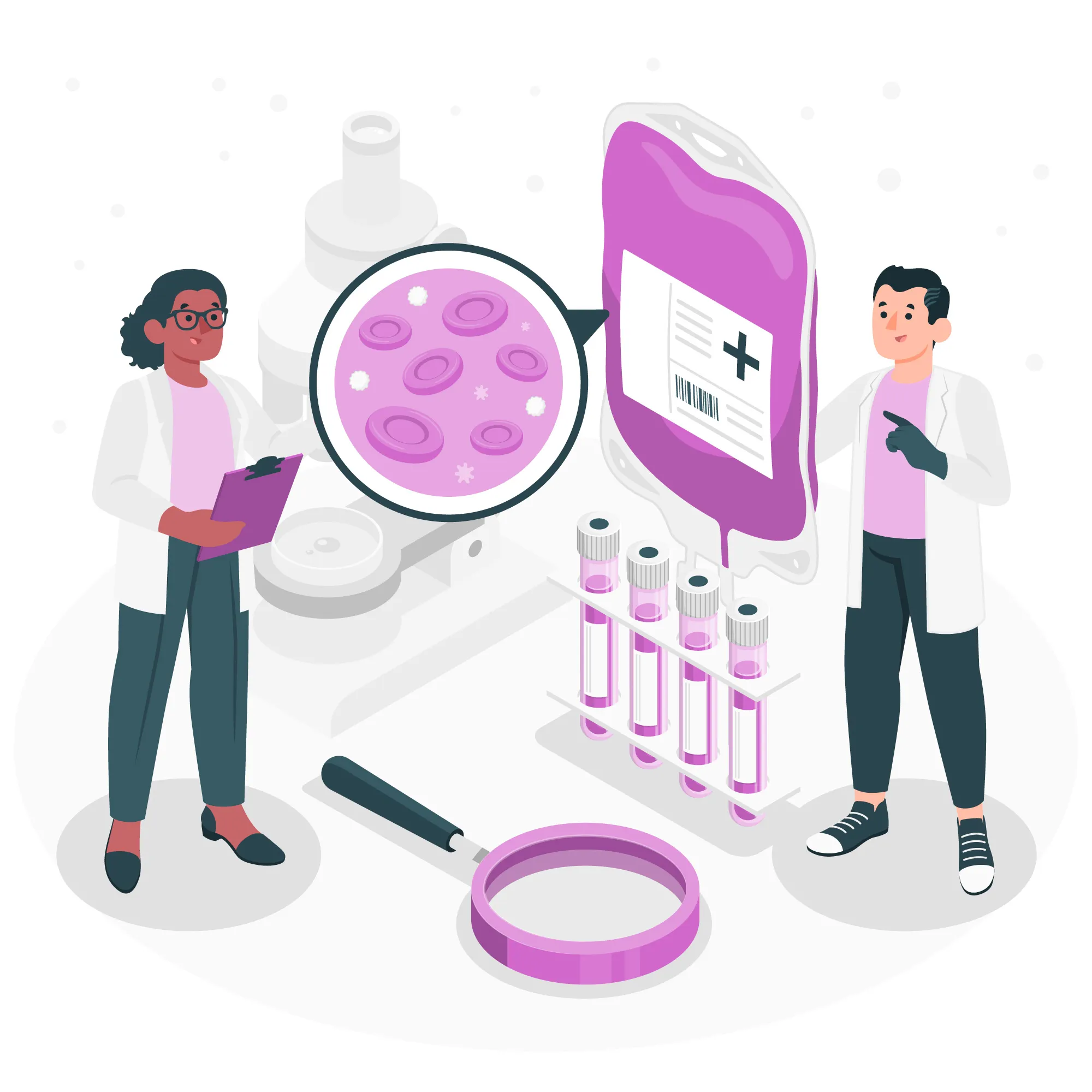Behind every life-saving medicine is an intricate story of scientific exploration, rigorous testing, and groundbreaking innovation, a journey that begins long before a pill reaches the pharmacy shelf. This journey is called Drug Discovery, and it serves as the cornerstone of modern medicine. At World BI, we proudly host the Drug Discovery Innovation Programme (DDIP) to bring together global innovators, scientists, and strategists to spotlight the latest advancements in this critical field. Whether you’re new to the concept or seeking to expand your understanding, this blog serves as a comprehensive beginner’s guide to the science behind the pill, demystifying the drug discovery pipeline and showing how the DDIP is playing a key role in shaping its future.
What Is Drug Discovery?
Drug Discovery is the scientific process of identifying new potential therapeutic agents that can prevent, treat, or cure diseases. It involves a series of methodical steps that blend biology, chemistry, data science, and innovation.
- Focuses on understanding disease mechanisms and identifying biological targets such as proteins, genes, or receptors.
- Utilizes scientific tools like high-throughput screening, computational modeling, and lab experimentation to identify drug candidates.
- Aims to develop molecules (drugs) that interact precisely with targets to produce desired therapeutic effects.
- Acts as the first phase in the broader drug development pipeline, which continues into preclinical and clinical testing.
- Requires interdisciplinary collaboration between biologists, chemists, bioinformaticians, and clinicians.
Stages of Drug Discovery

The drug discovery process is multi-staged, each phase essential for filtering and refining potential drugs before they enter clinical trials.
1. Target Identification & Validation
- Identifies biological components (proteins, RNA, enzymes) involved in a disease.
- Validates target relevance using gene knockout studies, CRISPR, and disease modeling.
- Assesses druggability, i.e., how accessible or responsive the target is to potential compounds.
- Ensures scientific rationale, so that manipulating the target will lead to disease modification.
2. Hit Discovery
- Uses high-throughput screening (HTS) to test thousands of compounds against the target.
- Applies AI and machine learning to predict promising molecules from massive datasets.
- Includes virtual screening, docking simulations, and fragment-based approaches.
- Identifies “hit” compounds that show initial binding or functional activity with the target.
3. Lead Optimization
- Refines hit compounds to improve potency, selectivity, and safety.
- Uses medicinal chemistry techniques to modify molecular structures.
- Tests ADME properties: Absorption, Distribution, Metabolism, and Excretion.
- Reduces toxicity while enhancing efficacy and stability in the body.
4. Preclinical Testing
- Conducts in vitro testing (e.g., cell lines) to analyze effects at a cellular level.
- Performs in vivo studies using animal models to study toxicity and biological behavior.
- Evaluates pharmacokinetics and pharmacodynamics (PK/PD) profiles.
- Prepares Investigational New Drug (IND) applications for regulatory bodies before human trials.
Technologies Driving Modern Drug Discovery
The landscape of drug discovery has been transformed by emerging technologies that enhance speed, precision, and scalability.
- Artificial Intelligence (AI): Accelerates compound screening, predicts toxicity, and identifies new targets using pattern recognition.
- CRISPR Gene Editing: Enables precise genetic manipulation to validate targets or create disease models.
- Next-Generation Sequencing (NGS): Provides insights into genetic diseases and biomarker discovery.
- Structural Biology Tools: X-ray crystallography and cryo-EM help visualize molecular interactions at atomic resolution.
- In Silico Modeling: Allows for computer-aided drug design and simulation of compound behavior before synthesis.
The Role of Natural Products and Alternative Approaches
While synthetic chemistry dominates modern discovery, nature remains an invaluable source of drug candidates.
- Natural compounds from plants, fungi, and marine organisms have unique chemical scaffolds.
- Many major drugs, such as penicillin and paclitaxel, originated from natural sources.
- Ethnopharmacology offers insights into traditional medicines for modern validation.
- Drug repurposing leverages existing medications for new indications, saving time and cost.
- Botanical and marine biotechnologies are gaining traction for novel bioactive molecule discovery.
Challenges in Drug Discovery
Despite major advancements, drug discovery remains fraught with scientific, financial, and regulatory challenges.
- High failure rates: More than 90% of drug candidates fail before reaching the market.
- Lengthy timelines: Discovery to market can take 10–15 years.
- Rising R&D costs, often exceeding $2 billion per approved drug.
- Unpredictable biology, as many diseases lack clear molecular targets.
- Stringent regulatory hurdles, especially in demonstrating safety and efficacy.

World BI’s Role Through the Drug Discovery Innovation Programme (DDIP)
World BI's Drug Discovery Innovation Programme serves as a global catalyst for change in the industry. It offers a high-impact platform to learn, connect, and accelerate drug discovery breakthroughs.
- Convenes global experts from pharma, biotech, academia, and regulatory sectors.
- Features panel discussions, workshops, and keynote talks on cutting-edge science.
- Showcases success stories and case studies of target validation, AI integration, and biologics.
- Fosters cross-disciplinary collaboration, encouraging startups and thought leaders to network.
- Promotes actionable dialogue on translating research into commercially viable treatments.
Who Should Attend DDIP?
The programme is tailored for professionals and organizations looking to stay ahead in the drug discovery domain.
- Pharmaceutical and biotech R&D leaders
- AI and computational biology innovators
- Academic researchers and translational scientists
- Startups focusing on small molecules, biologics, or biosimilars
- Regulatory experts, IP strategists, and venture capitalists
Join the Discovery Movement
The journey of discovering a new drug is a scientific expedition, filled with trial, error, breakthrough, and transformation. As diseases evolve and patient needs diversify, the demand for smarter, faster, and more effective discovery methods grows ever more urgent. Through the Drug Discovery Innovation Programme, World BI is proud to be at the forefront of this global movement. Whether you're a newcomer to the field or a seasoned innovator, DDIP offers the perfect platform to learn, share, and lead the future of drug discovery.